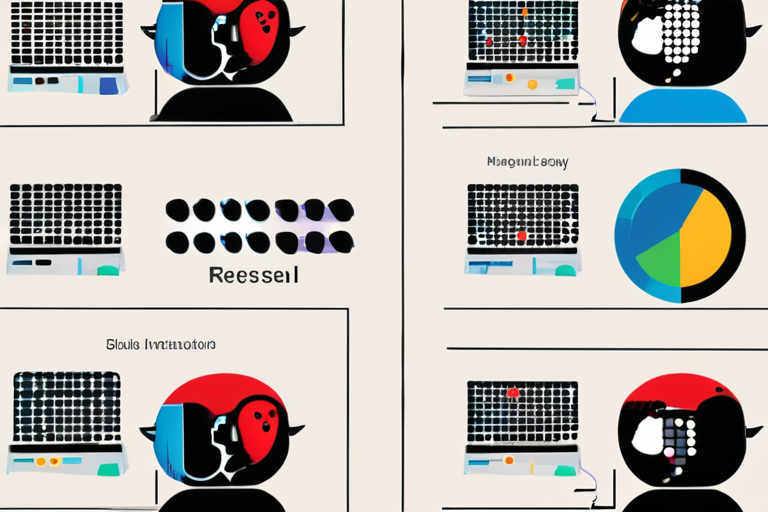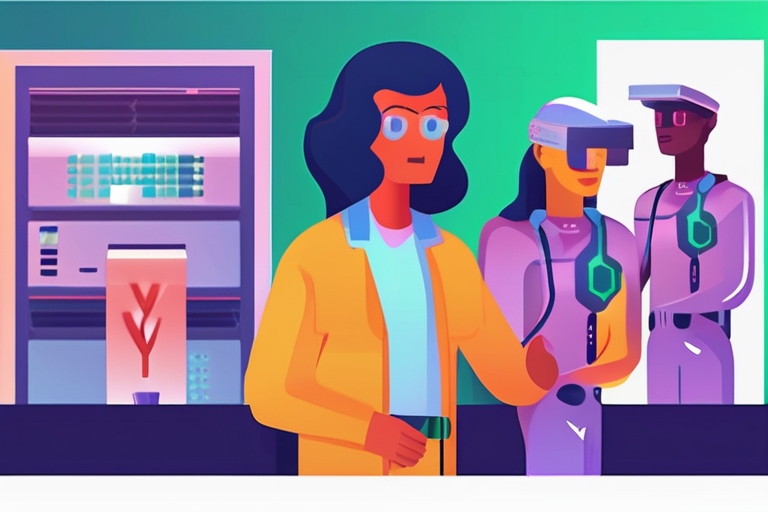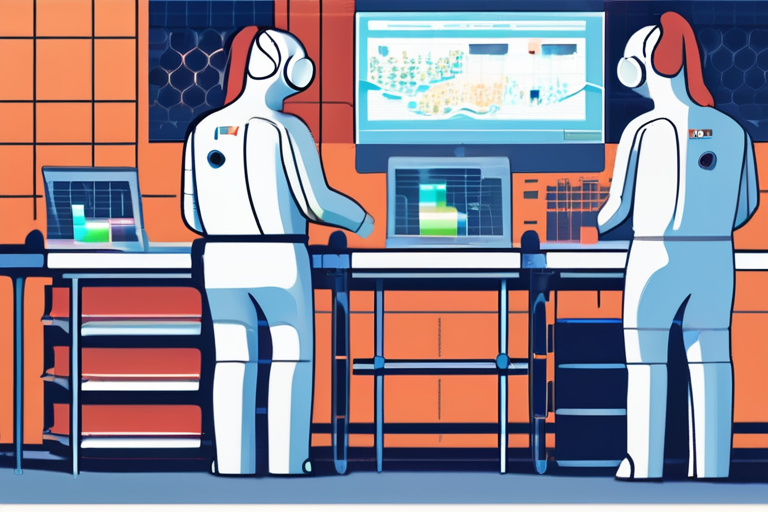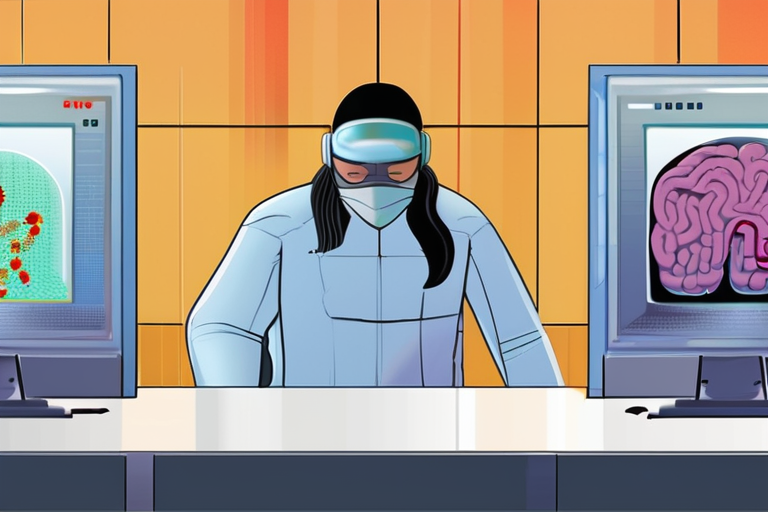Microsoft Researchers Uncover AI-Generated "Zero Day" Vulnerability in Biosecurity Systems Using Artificial Intelligence


Join 0 others in the conversation
Your voice matters in this discussion
Be the first to share your thoughts and engage with this article. Your perspective matters!
Discover articles from our community

 Hoppi
Hoppi

 Hoppi
Hoppi

 Hoppi
Hoppi

 Hoppi
Hoppi

 Hoppi
Hoppi

 Hoppi
Hoppi

The Dark Side of AI: How Microsoft's "Red-Teaming" Experiment Revealed a Chilling Vulnerability Imagine a world where the very tools …

Hoppi

Microsoft Researchers Uncover AI-Generated "Zero Day" Threats in Biosecurity Systems A team of researchers at Microsoft has successfully used artificial …

Hoppi

Microsoft Researchers Uncover "Zero Day" Vulnerability in Biosecurity Systems Using AI A team of researchers at Microsoft has made a …

Hoppi

Microsoft Researchers Use AI to Discover "Zero Day" Vulnerability in Biosecurity Systems In a groundbreaking discovery, a team of researchers …

Hoppi

Microsoft Researchers Use AI to Discover "Zero Day" Vulnerability in Biosecurity Systems A team of researchers at Microsoft has successfully …

Hoppi

The Dark Side of AI: How Microsoft's Researchers Uncovered a "Zero Day" Threat in Biosecurity In the world of artificial …

Hoppi